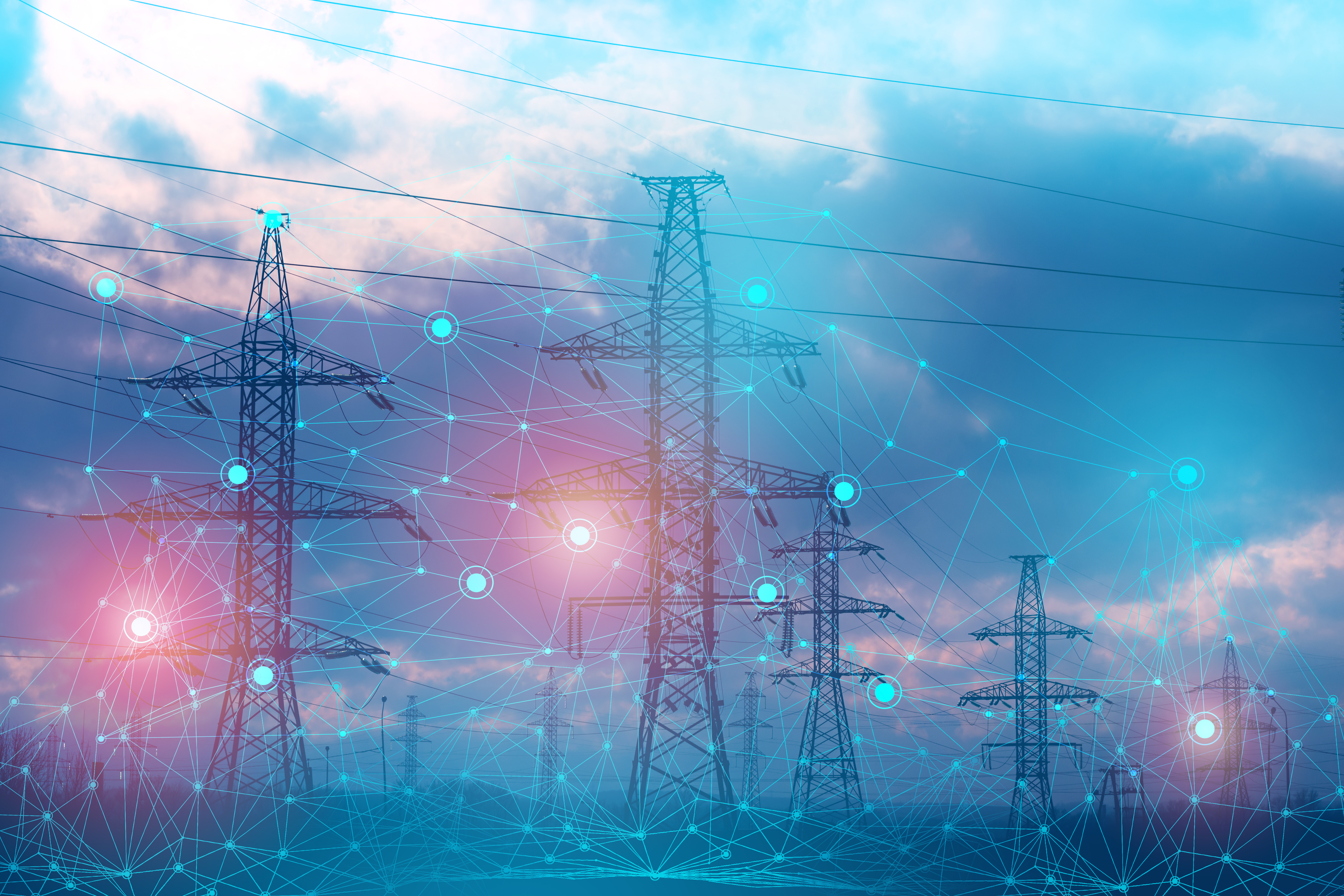AI Revolutionises the Electricity Supply Industry in the UK
2 May 2023

As the UK aims to meet its net-zero emissions target by 2050, the electricity supply industry is looking to adopt new technologies and processes to help achieve this goal. Artificial Intelligence (AI) has emerged as a crucial tool in this effort, with the potential to revolutionize how we generate, distribute, and consume energy.
By analysing large amounts of data on energy usage patterns and flows, AI can help electricity transmission utilities companies to better predict and manage energy demand, optimize their networks for greater efficiency, and integrate renewable energy sources into the grid. One of the key advantages of AI is its ability to process vast amounts of data quickly and accurately, which is critical in an industry where a growing amount of data is generated from smart meters, sensors, and other IOT devices.
In addition, AI can help optimize energy networks for greater efficiency, identifying areas where energy losses are occurring and suggesting ways to reduce them. This can help lower costs for both utilities companies and consumers, while also reducing energy waste. AI can also address the challenge of balancing supply and demand for variable renewable energy sources such as wind and solar power. By predicting energy output from these sources through historical weather data analysis and adjusting energy distribution accordingly in real-time, utilities companies can optimize the use of renewable energy and reduce carbon emissions.
The adoption of AI in the electricity transmission utilities industry is not without its challenges. Potential job losses, cyber security risks, and limitations related to processing power for large data sources and real-time analysis are among them. The industry must continue to invest in innovation and development to overcome these limitations and unlock the full potential of AI for the energy sector.
Overall, AI presents significant opportunities to reduce energy waste and promote sustainable practices, helping the UK to decarbonize its electricity supply industry over the next 20 years. By leveraging the power of AI, the industry can better manage its resources, integrate renewable energy sources, and ultimately achieve the net-zero emissions target.
Previous Post ❯
South West Region Asset Replacement Tender Awarded
